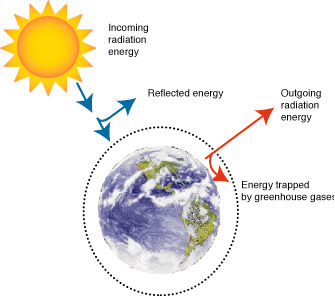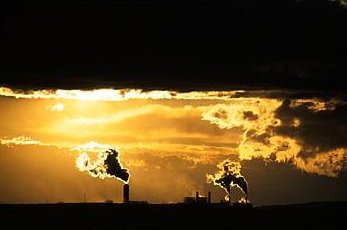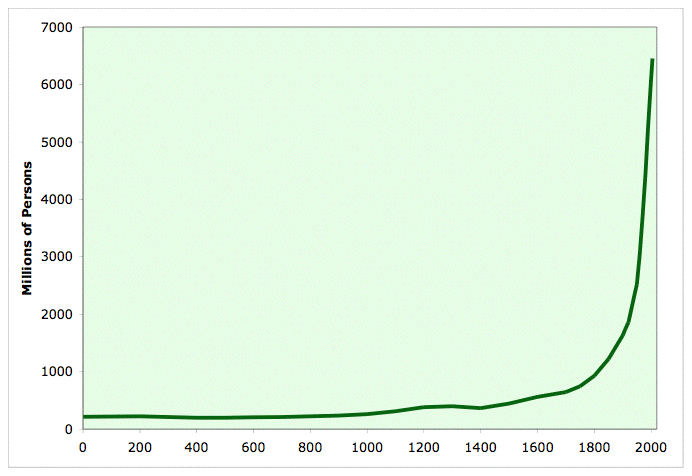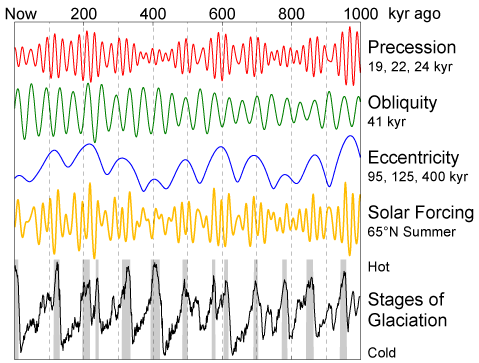Everything has a Beginning, Middle, and End. This page attempts to explain the Middle for our home, Earth. In the Beginning, I have no idea what happened, and faced with the paradoxical question of "How did the Universe begin?", the only possible answer I have is God. In the Middle, we have life on Earth, and while everyone should be happy and get along, we don't - we bicker about things like Global Warming. In the End, the Sun will die and that's pretty much game over. Ok, it will be game over well before that. Another story.
















